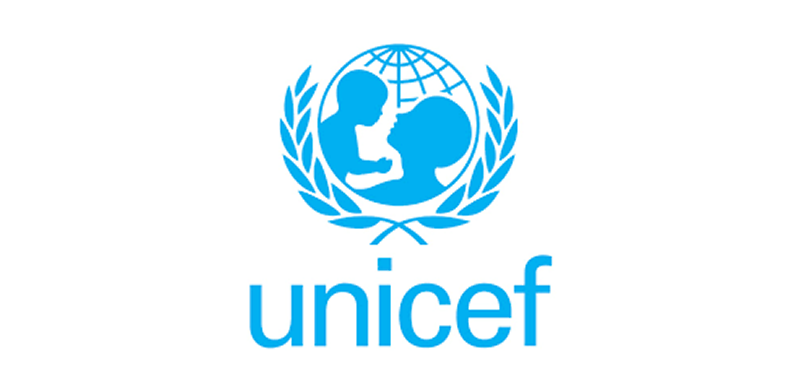
Mundaute said Nigeria accounts for 10 percent of this figure which is estimated at 19.9 million.
Speaking in Ilorin, Kwara state on Tuesday, at a symposium held to mark the International Day of Zero Tolerance for Female Genital Mutilation organised by the office of the First Lady of the State, Professor Olufolake AbdulRazaq, Mundaute stated that, the development means that, “Nigeria holds the third-highest number of women and girls who have undergone Female Genital Mutilation around the world.”
According to her, “Despite a slight decrease in the prevalence of FGM in the country, recent data shows the practice remains widespread, here in Kwara.
“FGM prevalence is highest among women aged 15-49, reaching 58% and for the 0-14 age bracket, it stands at 35 percent this means approximately 1 in every 3 girls experienced Female Genital Mutilation,” she said.
“We must act with a collective commitment to change to address this issue comprehensively. UNICEF along with our sister agency UNFPA have co-led the largest global program on the elimination of FGM aligning with the vision of the 2030 Agenda for Sustainable Development”.
She stated that. “In Nigeria, a UN Joint Program, initiated in 2014 in high-prevalence states, that is expanding to other areas with the practice.
“This demonstrated our commitment to eliminating FGM. This year’s theme is “Her Voice. Her Future. Investing in Survivors-Led Movements to End Female Genital Mutilation” resonates with the journey we collectively embark upon to eradicate this harmful practice.
“In every survivor’s voice lies a testament to resilience, courage, and the unwavering spirit to shape a different future.
“Today, we amplify those voices—the voices of survivors who are not just reclaiming their lives but are also leading movements to end FGM.
“Their stories are a powerful testament to the strength within, inspiring us to action. A significant milestone achieved in 2023, ably led by the Government of Nigeria in collaboration with UNICEF is the Movement for Good to End FGM. Facilitated by 10 youth-led Civil Society Organisations, this initiative has successfully scaled up grassroots social mobilization efforts – so far we have received over six million pledges – to protect girls at risk of FGM across the country.
“Furthermore, adolescent girls, equipped with the knowledge and skills are advocating for change through community engagement, resulting in more people openly disowning the practice and taking action to protect girls from FGM.
“Every survivor who steps forward contributes to a future where no girl will endure the pain and consequences of Female Genital Mutilation.
“Let us join hands, amplify these voices, and invest in the movements led by survivors. Together, we can create a future where the echoes of pain are replaced by the chorus of empowerment, resilience, and a resounding declaration that FGM has no place in the lives of our girls, in our communities, and in our nation”.
On her part, AbdulRazaq has said, “While current statistics on the prevalence of the practice favours the State less, the Kwara State Government under the leadership of His Excellency Mallam Abdulrahman Abdulrazaq is leaving no stone unturned in ensuring that the untoward trend is reversed.
“This is evident in the implementation and promulgation of the Violence Against Persons Prohibition Act and other existing protective laws to combat concerns relating to Female Genital Mutilation, Child Marriage and other such concerns while actively promoting the dignity of every child, girl and woman in the State”.
She added, “In complementing these efforts of the State Government and assuaging the concerns of women, children and youths, however, my office and the Ajike People Support Centre have trained and provided work tools to several thousands of women and youths in the vocations of their choice.
“We have also led advocacies to end all forms of gender-based violence, support girl child and indeed all children education and encourage healthy maternal and child nutrition among others.
“Further to these and in recognition of the fact that the leadership of women and girls is key to accelerating progress as well as contributing to equitable social and economic development the Kwara State Government signed into law the 35 percent gender inclusion bill while constantly supporting women development and inclusion in all spheres”.
According to the World Health Organisation, FMG is a traditional harmful practice that involves the partial or total removal of external female genitalia or other injury to female genital organs for non-medical reasons.













